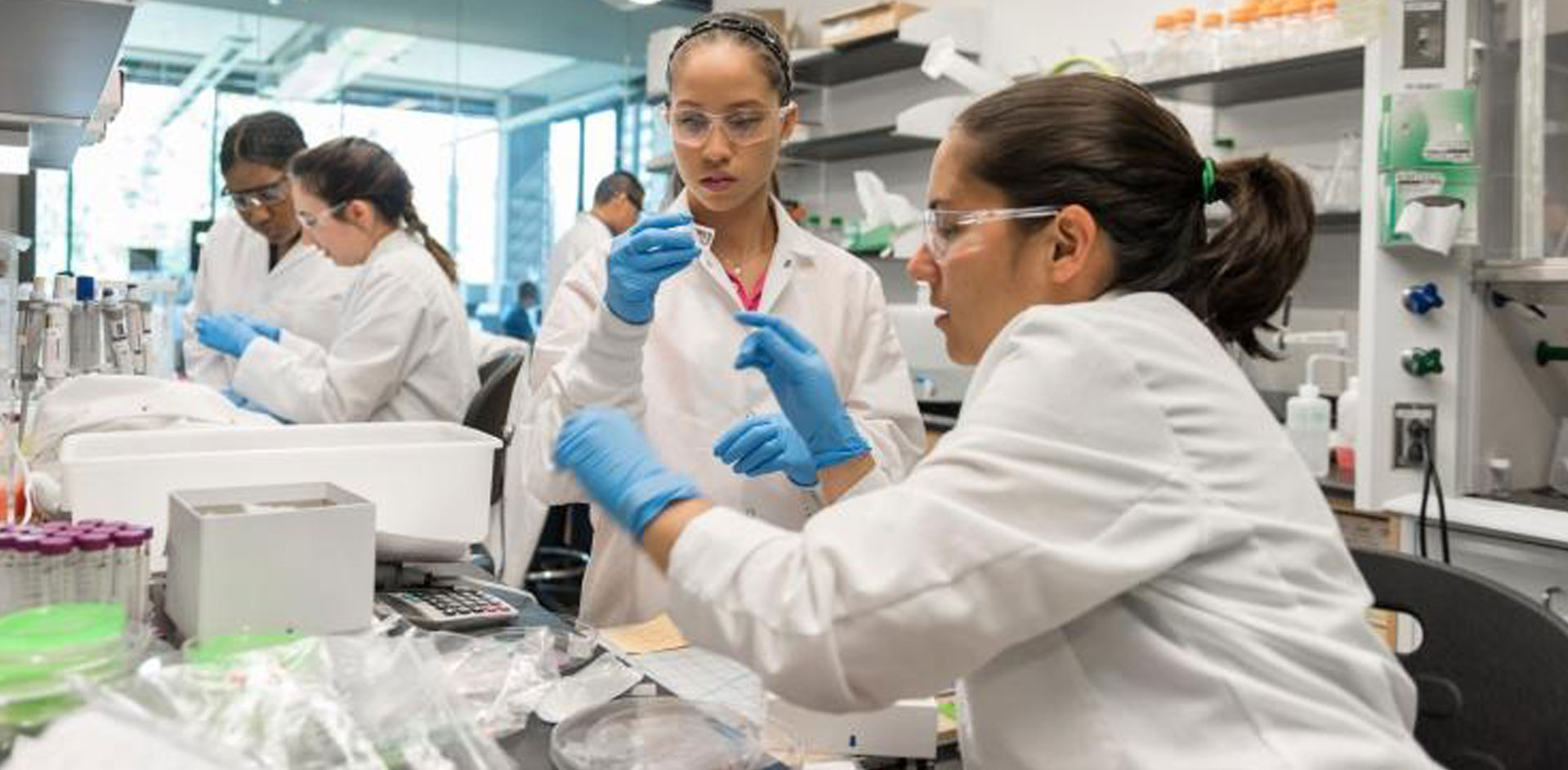908 Devices has joined the National Science Foundation (NSF) Engineering Research Center for Cell Manufacturing Technologies (CMaT). CMaT is a consortium of universities, companies, and clinical collaborators brought together to develop transformative tools and technologies for the consistent, scalable and low-cost production of high-quality living therapeutic cells. The center, launched in 2017 with a $20 million investment from NSF, aims to revolutionize the treatment of cancer, heart disease, autoimmune diseases and other disorders by enabling broad use of potentially curative therapies that utilize living cells – such as immune cells and stem cells.
“We’re excited to join CMaT, as its vision to develop transformative cell-based technologies aligns to our focus at 908 Devices,” said Dr. Graziella Piras, Senior Director of Life Science Strategic Marketing at 908 Devices. “We’ve developed technology and tools that provide real-time process data on cell culture analytes, enabling cell therapy developers to further advance the efficiency, safety, and cost-effectiveness of life-saving cell therapies.”
To facilitate the widespread application of these cutting-edge emerging treatments, CMaT will develop robust and scalable technologies, innovative analytical tools, and engineering systems that will enable industry and clinical facilities to reproducibly manufacture efficient, safe and affordable cell-therapy products. The center will also develop improved models for a robust supply chain, storage and distribution system for these therapeutic cell products.
In addition to the consistent manufacture of cell-based therapies, the public-private CMaT initiative will also help develop a skilled, diverse and inclusive bio-manufacturing workforce through extensive education and training activities at the K-12, technical college, undergraduate, graduate and postdoctoral levels.
“We are pleased to welcome 908 Devices to this new initiative,” said Krishnendu Roy, former director of CMaT and the Robert A. Milton chair professor in the Wallace H. Coulter Department of Biomedical Engineering at Georgia Tech and Emory University. “The center will develop the technologies needed to use living cells in standardized therapies by clinicians to serve large numbers of patients worldwide. We are very excited about what this will mean to the world.”
Beyond Georgia Tech, the center includes major university partners – the University of Georgia, the University of Wisconsin-Madison and the University of Puerto Rico, Mayaguez Campus – as well as affiliate partners such as the University of Pennsylvania, Emory University, the Gladstone Institutes and University of Oregon. Additional international academic partners from Canada, Ireland, and Japan, as well as industry and the U.S. national laboratories, are critical collaborators in the effort.



